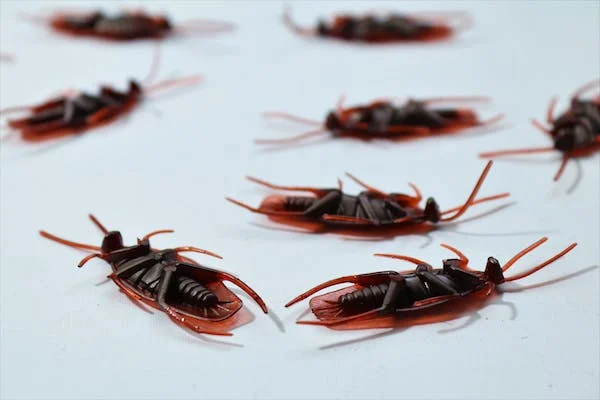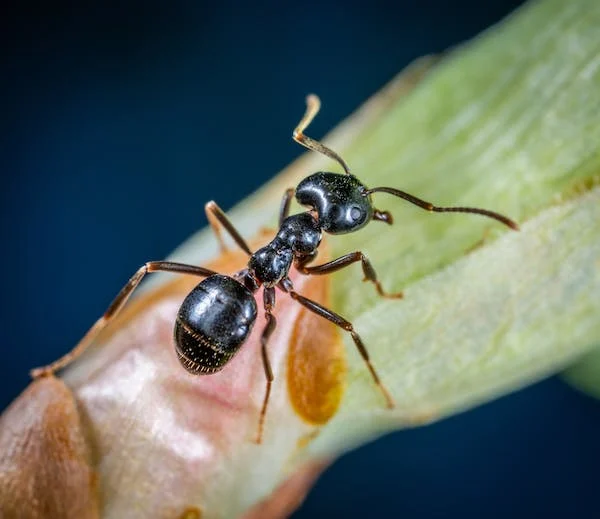Rodent infestations can pose serious health and safety risks, making prevention crucial for maintaining a healthy home environment. Implementing proactive measures can help deter rodents and protect your property.

Here’s a Comprehensive Guide on Preventing Rodent Infestations:
1. Seal Entry Points
- Inspect Exterior: Regularly inspect the exterior of your home for cracks, gaps, or openings that rodents can exploit.
- Seal Entry Points: Use caulk or steel wool to seal any gaps around doors, windows, pipes, and vents.
2. Proper Food Storage
- Secure Food Containers: Store food in airtight containers made of glass or metal to prevent easy access for rodents.
- Clean Food Residue: Wipe down countertops, sweep floors, and promptly clean up spills to eliminate food residue.
3. Maintain a Tidy Yard
- Trim Vegetation: Keep shrubs and tree branches trimmed away from the house to eliminate potential pathways.
- Remove Debris: Regularly clean up leaves, grass, and debris around your property to eliminate hiding spots.
4. Trash Management
- Secure Trash Bins: Use tightly sealed trash bins, and keep them away from the house.
- Regular Disposal: Dispose of trash regularly to prevent it from becoming an attractive food source for rodents.
Read Also:
5. Eliminate Standing Water
- Fix Leaks: Repair any plumbing leaks promptly to eliminate sources of standing water.
- Ensure Proper Drainage: Ensure that gutters are functioning correctly, directing water away from the foundation.
6. Secure Pet Food
- Limit Access: Avoid leaving pet food out for extended periods. Feed pets in designated areas and remove any leftovers promptly.
- Use Sealable Containers: Store pet food in sealed containers to prevent rodents from being attracted to the smell.
7. Regular Home Maintenance
- Inspect Attics and Basements: Regularly inspect attics, basements, and crawl spaces for signs of rodent activity.
- Repair Screens: Ensure that window screens and vents are intact and free of holes.
8. Install Rodent-Proofing Features
- Rodent-Proof Mesh: Install rodent-proof mesh or wire screens over vents, chimneys, and crawl space openings.
- Weather Stripping: Use weather stripping on doors and windows to prevent rodent entry.
9. Consider Natural Deterrents
- Peppermint Oil: Rodents are repelled by the scent of peppermint oil. Place cotton balls soaked in peppermint oil in areas prone to infestation.
- Bay Leaves: Place bay leaves in pantry areas, as rodents dislike the smell.
10. Professional Inspection
- Regular Pest Inspections: Schedule regular pest inspections by professionals to identify and address potential entry points or signs of infestation.
- Immediate Action: If signs of rodents are discovered, take immediate action to address the issue.
11. Educate Family Members
- Inform Households: Educate family members about the importance of proper food storage, cleanliness, and the early identification of rodent signs.
12. Utilize Humane Traps
Humane Trapping: If signs of rodents persist, consider using humane traps to capture and relocate them.
Professional Assistance: For a humane and effective approach, seek the assistance of professionals from www.miceexterminator.org/
13. Use Rodent-Repellent Plants
- Plant Mint or Lavender: Consider planting mint or lavender around your property, as rodents are known to be deterred by these aromatic plants.
- Landscaping Choices: Make strategic landscaping choices with plants that naturally repel rodents.
14. Install Outdoor Lighting
- Illuminate Dark Areas: Install outdoor lighting around your property to eliminate dark corners and hiding spots where rodents may feel secure.
- Motion-Activated Lights: Consider motion-activated lights, which can startle and deter rodents.
15. Regularly Inspect Outdoor Structures
- Inspect Sheds and Garages: Regularly inspect sheds, garages, and other outdoor structures for signs of rodent activity.
- Seal Entry Points: Seal any gaps or cracks in outdoor structures to prevent rodents from making nests.
16. Educate Neighbors
- Community Awareness: Encourage a community-wide approach by educating neighbors about the importance of rat control in Orem Utah.
- Shared Responsibility: Emphasize the collective effort required to maintain a rodent-free environment.
Conclusion
Implementing these preventive measures can significantly reduce the risk of rodent infestations in your home. Consistency is key, so regularly assess your property for potential vulnerabilities and take prompt action if any signs of rodents are detected.
If needed, seek assistance from professional pest control services to ensure a comprehensive and effective approach to rodent prevention.









